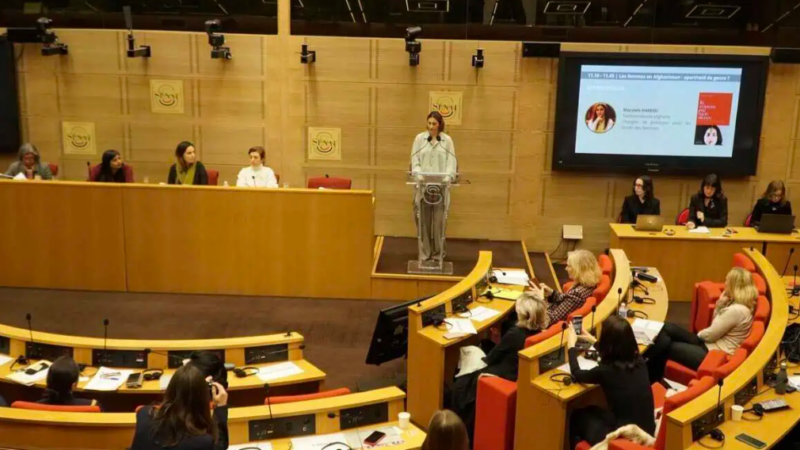“Government has abdicated its responsibility of protecting people”

Advertisement
When Pakistan Prime Minister warned the nation of more coronavirus deaths while removing restrictions that could contain the spread of the deadly infection, realization struck that the government has virtually abdicated its responsibility of protecting the people. His latest words highlight the recklessness that defines the federal government’s approach while dealing with an existential crisis.
With almost all restrictions on movement gone, it has now been left to the people to save themselves from the fast-spreading disease. The prime minister’s remarks that he never favoured a lockdown are consistent with his original view that Covid-19 is just another form of the flu.
It’s hard to believe that the government would not have seen the alarming report on the large-scale prevalence of the disease presented by Punjab’s health department almost two weeks ago, before going for an almost complete reopening.
The report had estimated that 670,800 people in Lahore alone might have been infected by the infection. “No workplace and residential area of any town is disease-free,” the report based on both random and targeted testing had warned.
In most communities, the infection rate is 5.18 per cent. The Lahore situation is just the tip of the iceberg.
In order to contain the further spread of the infection, the report presented to the provincial government on May 15 had asked for the imposition of a stricter lockdown for at least four weeks before Eid. Doctors and epidemiologists too have long been warning about the impending public health disaster and had desperately been calling for tougher measures.
Instead, the government further loosened restrictions on businesses, sweeping aside all precautions. Shoppers thronging markets and traffic clogging the roads in all the big cities presented a lawless sight. The clusters thus formed created a favourable environment for the virus to spread.
The Supreme Court ruling days before Eid, ordering even malls to open appeared to give further impunity to the disorder. It was not just the shopping centres; even congregational prayers in mosques were allowed and shrines were opened for visitors.
Given this lax behaviour, it is not surprising that there has been an astronomical rise in the number of registered coronavirus cases and the death toll since the government set aside even a pretense of lockdown. The number is likely to multiply further as the effects of a complete reopening takes time to crystallize.
Two days before the prime minister announced a virtual lifting of the lockdown, Pakistan experienced its deadliest day (92 deaths, doctors’ among them) and the highest single-day rise in Covid-19 cases at 3,039. There was no mention of that in the prime minister’s speech as he once again blasted his own government’s decision to impose the lockdown.
Now the prime minister wants to restart tourism despite the reservations by the Khyber Pakhtunkhwa and Gilgit-Baltistan governments. It seems that our leaders are making it clear that human lives and public health matter little.
Pakistan is perhaps the only country that has prematurely reopened most spheres of life when the disease is far from reaching its peak. The latest data on Covid-19 prevalence in South Asian countries released by the Centres for Disease Control and Prevention belies the prime minister’s claim that lockdowns have not worked in containing the pandemic.
India and Bangladesh having imposed stricter lockdowns have now a lesser percentage of cases in terms of population than in Pakistan where it has seen a rapid increase in the past two weeks.
These countries may be in a much better position to gradually start reopening. They have more or less the same proportion of younger population as Pakistan making them relatively less vulnerable to the disease. But that has not stopped them from taking preventive measures unlike us.
Because of the confusion in policy, we could neither contain the disease nor create conditions for the quick revival of the economy. On top of that, the claims of some federal ministers that the entire world is now following the ‘vision’ of their great leader are simply hilarious.
The top leadership’s constant worry is that it is the poorest section of the population that gets affected by the restrictions and the closure of economy. But what is not being realized by our leaders is that the uncontrollable spread of the disease would have far more serious consequences for the working classes. The Punjab health department’s report clearly shows that the infection is much more rampant among the lower-class neighborhoods and congested localities.
This situation could have easily been contained with timely action. Had the government been more serious about the lockdown in the first two months, things would have been much better now for people to go back to work sooner. This unregulated and premature reopening has created far more problems for the country.
Advertisement






